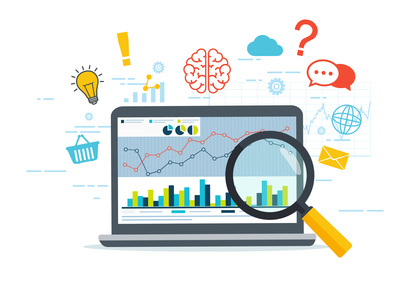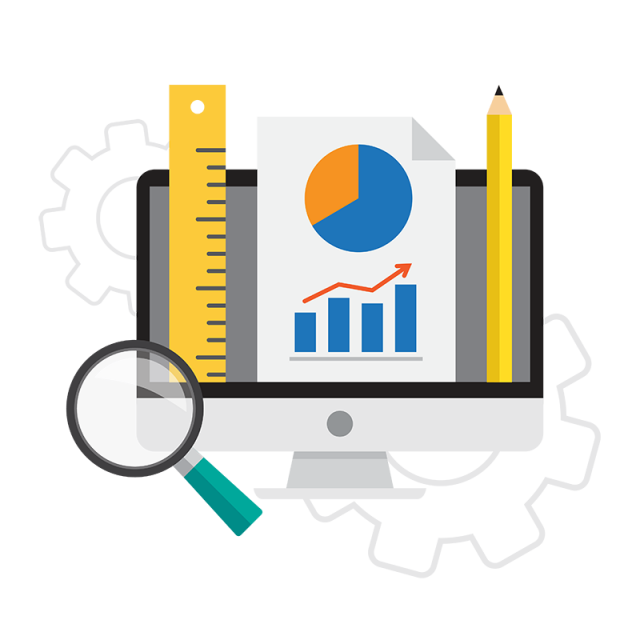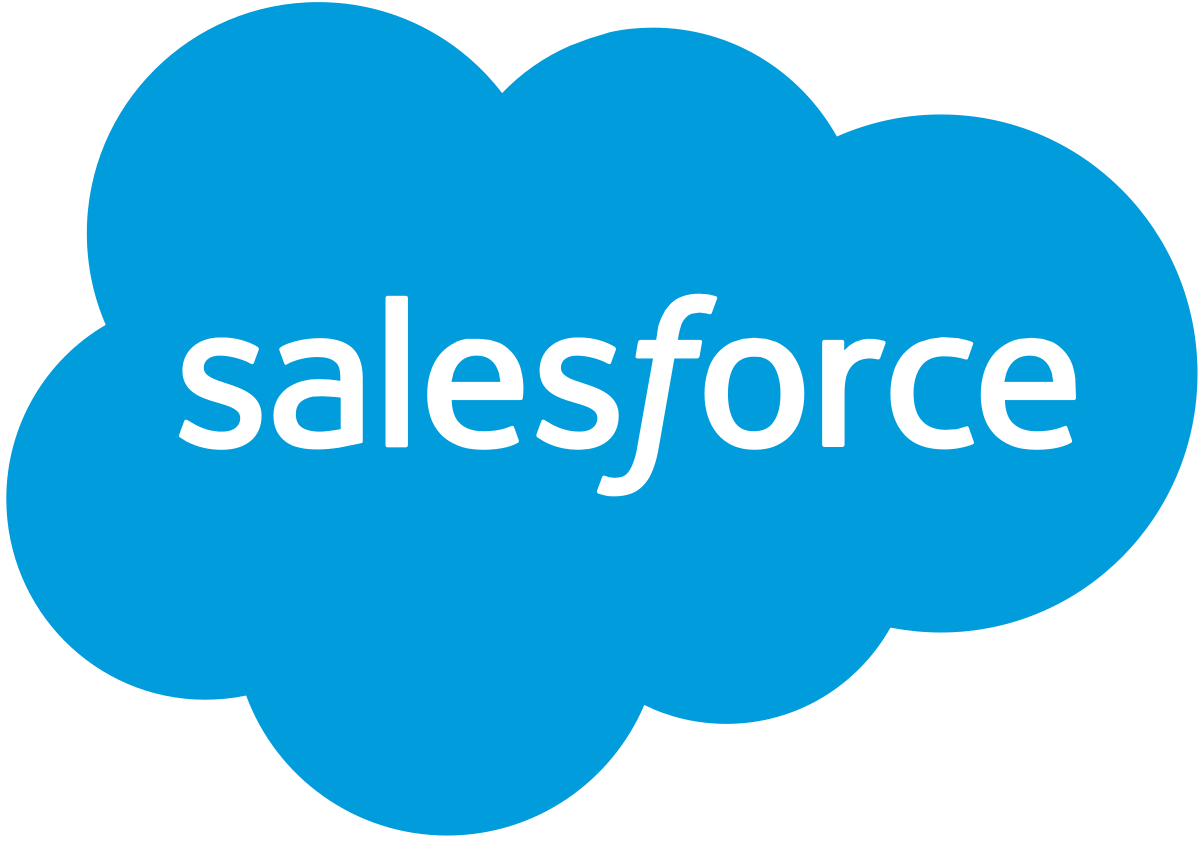Business Applications
Professional Services
Our Professional Services consultants can help your organization to evaluate and optimize the integration of networks, systems, storage, databases, and applications. In addition, we can evaluate and optimize the connectivity within and across systems and networks. With over 100 migrations under our belt, we have a lot of experience in data center and platform migrations. Let us help you plan an effective migration from the perspective of the application.
Enterprise resource planning
Enterprise resource planning (ERP) is business process management software that allows an organization to use a system of integrated applications to manage the business and automate many back office functions related to technology, services and human resources.
ERP software typically integrates all facets of an operation — including product planning, development, manufacturing, sales and marketing — in a single database, application and user interface.
ERP software is considered to be a type of enterprise application, that is designed to be used by businesses of all sizes and types. For larger organizations, it requires dedicated teams to customize and analyze the data and to handle upgrades and deployment. In contrast, Small business ERP applications are lightweight business management software solutions, often customized for a specific business industry.

Replacing outdated software
Replacing homegrown systems
Replacing accounting software
New ERP systems
Today most organizations implement ERP systems to replace legacy software or to incorporate ERP applications because no system currently exists.
ERP software typically consists of multiple enterprise software modules that are individually purchased, based on what best meets the specific needs and technical capabilities of the organization. Each ERP module is focused on one area of business processes, such as product development, marketing, product planning, material purchasing, inventory control, distribution, accounting, marketing, finance and HR.
A business will typically use a combination of different modules to manage back-office activities. As the ERP methodology has become more popular, software applications have emerged to help business managers implement ERP in to their business activities and may incorporate modules for CRM and business intelligence, presenting it as a single unified package.
A business will typically use a combination of different modules to manage back-office activities. As the ERP methodology has become more popular, software applications have emerged to help business managers implement ERP in to their business activities and may incorporate modules for CRM and business intelligence, presenting it as a single unified package.
ERP Platforms Trends
The ERP industry is slow to change, but the last few of years have introduced new trends which are adapting to market demands.
The following new and continuing trends have an impact on the growth of enterprise ERP solutions:
Mobile ERP
Modern organizations need real-time access to information. It is expected that businesses will embrace mobile ERP for the reports, dashboards and critical business processes.
Cloud ERP
Cloud technologies is advancing rapidly, but many organizations have have been reluctant to place enterprise data in the cloud. Those reservations have gradually been evaporating, as major advantages in technology and cloud security become a main focal point of future corporate investment.
Social ERP
There has been much hype around social media and how important —or not — it is to add to ERP systems. Certainly, vendors have been quick to seize the initiative, adding social media packages to their ERP systems with much fanfare. But some wonder if there is really much gain to be had by integrating social media with ERP.
Two-tier ERP
Enterprises once attempted to build an all-encompassing ERP system to take care of every aspect of organizational systems. But some expensive failures have gradually brought about a change in strategy – adopting two tiers of ERP.
Technology experts
We are technology experts who adapt to the way you work. Our approach is simple and extremely effective.
- Strategy – Build a technology blueprint for your business
- Adoption – Successfully adopt Salesforce.com in weeks and months, not years
- Integration – Integrate front and back office business applications
- Manage and Enhance – Continuously enhance your solutions to evolve with your business



